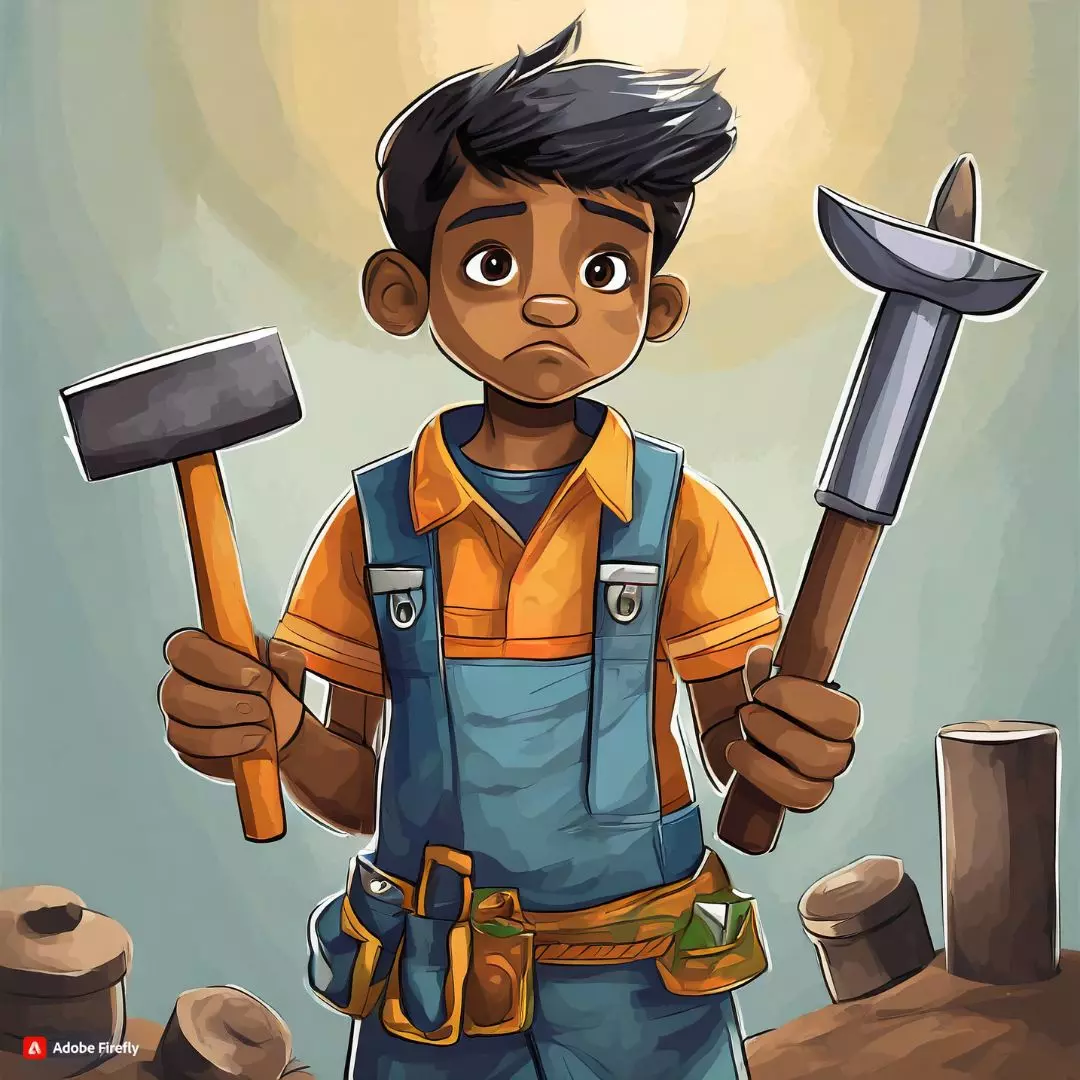In a significant revelation, the 52nd report of the Parliamentary Standing Committee on Labour, Textiles, and Skill Development Committee, tabled in the parliament, sheds light on the hurdles hindering the nation’s progress towards eradicating child labor by 2025. The report emphasizes the urgent need for a standardized definition of ‘child’ across various legislations to ensure effective implementation of policies.
The parliamentary panel underscores the ambiguity surrounding the definition of a ‘child’ in existing laws, creating challenges in achieving the commitments made by the country after the ratification of International Labour Organization (ILO) conventions and meeting the targets outlined in Sustainable Development Goal 8.7. According to the report, the Child and Adolescent Labour (Prohibition and Regulation) Act, 1986 (CALPRA) defines a ‘child’ as an individual who has not completed the fourteenth year of age, or as specified in the Right of Children to Free and Compulsory Education Act, 2009.
However, inconsistencies arise as the amendment to CALPRA in 2016 categorizes a ‘child’ as falling within the age group of 14-18 years. Moreover, the Right of Children to Free and Compulsory Education Act, 2009, sets the age range for a ‘child’ at six to fourteen years. This lack of uniformity extends to other legislations such as the Minimum Wages Act, 1948, and the Juvenile Justice (Care and Protection of Children) Act, 2015, which defines a ‘child’ in varying age brackets.
The panel stresses the urgency of addressing discrepancies in the criteria for determining a child’s age and the categorization of offenses as cognizable or non-cognizable under different acts. It recommends a comprehensive examination to avoid ambiguity and ensure timely justice for affected children as reported by Indian Express.
Zero-Tolerance Approach For Child Labour
The report also calls for a revision of the positive list of occupations and processes where adolescents can work, urging the exclusion of hazardous activities. Additionally, the panel advocates for enhanced fines for child labor employers, proposing guidelines for fund utilization and increased government contributions to secure the future of rescued children.
Furthermore, the panel suggests creating district-level funds for immediate relief and rehabilitation of child laborers, including those repatriated from other states. Stricter punishments, including license cancellations and property attachments, are proposed to reinforce a zero-tolerance approach towards child labor.
The panel recommends assigning accountability to principal employers and traffickers in cases of child labor deployment and calls for the establishment of a National Level Child Tracking Mechanism for efficient coordination among states and the Centre.
As the nation strives to eliminate child labor by 2025, the parliamentary panel’s report highlights the critical need for a uniform definition of ‘child’ across legislations. Addressing discrepancies, enhancing penalties, and establishing efficient mechanisms for tracking and rehabilitating rescued children are imperative steps towards achieving the ambitious goal of eradicating child labor. The report serves as a call to action for policymakers and stakeholders to collaborate in creating a more comprehensive and effective framework for protecting the rights and well-being of our nation’s children.
Also Read: Parliament Winter Session: Landmark Criminal Code Bills Passed, GST Tribunal Bill Receives Nod











